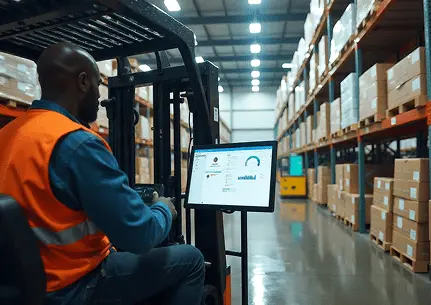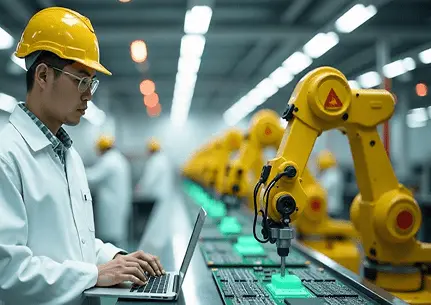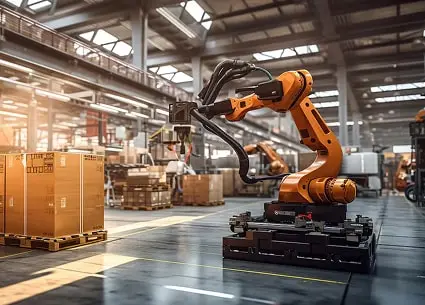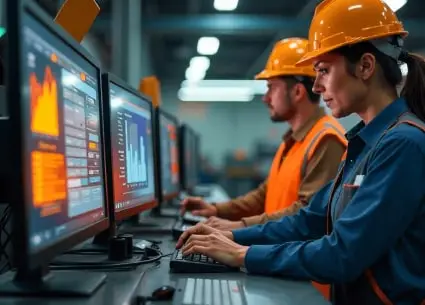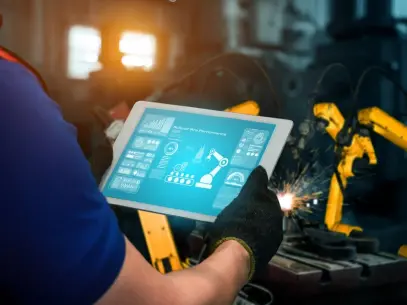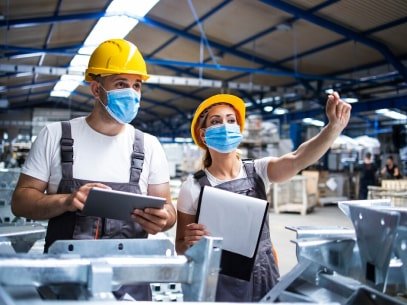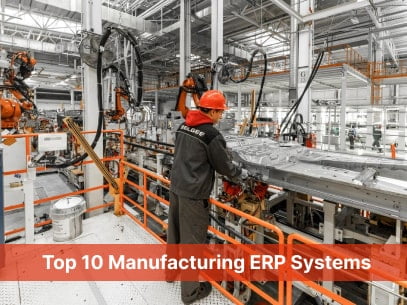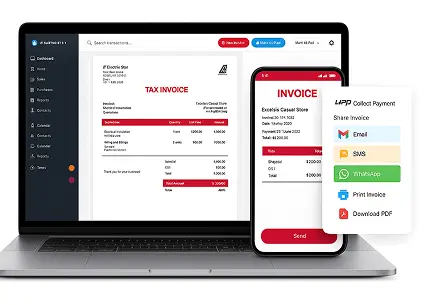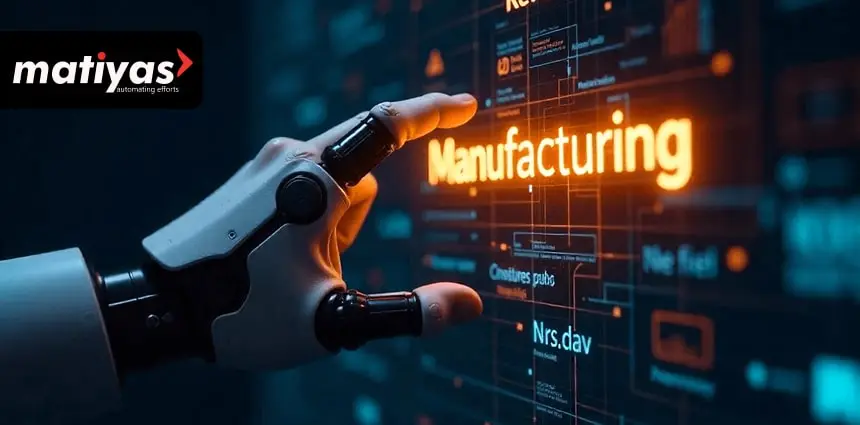
Table of Contents
Recent Posts
- Cloud-Based Manufacturing ERP Software for Small Businesses
- A Complete Guide to Implementing ERPNext in Manufacturing
- E-Invoicing Solutions in Malaysia with ERPNext: A Complete Guide
- The Future of Food & Beverage Industry with ERP Integration
- Top Features to Look for in ERP Software for Steel Manufacturing
Categories
- 3PL Software (1)
- AI in ERP (1)
- Automotive ERP (1)
- Distribution ERP (1)
- E-Invoicing (3)
- ERP Software (4)
- ERPNext Software (2)
- FMCG (1)
- Food Manufacturing (1)
- Inventory Management (2)
- Logistics ERP (2)
- Manufacturing ERP (18)
- Nonprofits Software (11)
- Pharma ERP (1)
- Production ERP (2)
- Restaurant ERP (1)
- Retail ERP (4)
- Steel Manufacturing (1)
- Trading & Distribution ERP (3)
- Warehouse Software (1)
Share to:
Recent posts
Let’s Take Your Enterprise to
a New Level
Want to know how our customized ERP solutions work for your business?
Request DemoTestimonials
Your satisfaction is our success
This is what our clients speak about our services and solutions-
Nigeria
I am quite happy with the ERP solution provided by Matiyas. Before we implemented their system, our organization was struggling with inefficient processes and fragmented data. Their customized ERP solution not only streamlined our workflows but also provided real-time insights into our operations. The customer support from Matiya's Team has been exceptional throughout the journey. I wholeheartedly recommend Matiyas customised ERP solution to any organization seeking a cost effective, user friendly, robust ERP solution.
Mr. Tushar Shekhar - Chartered Accountant & Financial Controller
Robust International Commodities Limited

INDIA
Matiyas offered us a functionally strong and automated solution to address the end-to-end needs of our business operation. This solutions will be able to scale and grow our business and it will surely reduce manual interventions.
Mr. Abid - Founder
Husaingadh Enterprises LLP

INDIA
Working with Matiyas has been a transformative experience. Their transparency and openness throughout the process gave us confidence in their approach. Even with a limited scope of services, their customization and communication helped us streamline our operations effectively. We highly recommend Matiyas for any organization seeking a tailored ERP solution.
Sunil – MIS Manager
Puranchand Jain & Sons Pvt Ltd

Singapore
I wanted to thank you Matiyas team to set-up the ERP system based on our business process. The assistance was invaluable in helping my company get as we requested. We sincerely appreciate your efforts and thanks again Matiyas team to provide us a best solution with the erp system.
Mr. Agasthi – Founder
Blue mount Pte Ltd.
India
Go ahead with Matiyas and Capture data at lowest level and you can build | report | analyse | get insights across business dimension to take informed decisions.
Mr. Kamal Jalan – Director
One Ikigaii Edutech Pvt. Ltd.

Bangladesh
The implementation of the Matiyas ERP solution has revolutionized our workflow. The automation of previously manual processes has not only saved us time but also significantly reduced errors. It’s like having an extra set of hands on our team, streamlining operations and boosting productivity
Mehedi Saqlain
Technical Director

India
We would definitely encourage anyone willing to get services from Matiyas. they are honest hardworking and smart team. they stretch them maximum to achieve success for their clients.
Mr. Simranjit - Founder & Director
Aprazer Healthcare Private Limited

INDIA
Matiyas system has been helpful to us for execution of our day-to-day operations in scholarship. The team has been very supportive and always available to accommodate with any challenges that we have faced. Overall, we had good experience working with Matiyas!
Ms. Swati Shah- HR & Scholarship Head
at Yuva Unstoppable

India
We at I2E Consulting were looking for Healthcare Module consultation in ERPNext and we came across Matiyas Solutions website. From managing the business to adding his Expertise in Healthcare module, Hasan has done it all single handedly. All our Queries were solved in a timely manner. Regular follow ups were done. Getting to interact with Matiyas Solutions team was a great learning experience for us. Looking forward to work with you on many more assignments in the near future.
Mr. Amit Parab - Account Manager
i2e Consulting

Malaysia
Our company is very new to ERP, we tried to implement ERP by ourselves, however along the way we found struggles as we are very new. We are lucky HasanAli from Matiyas helped us in many ways, from a simple question to very complex developments and deployments. Rates are reasonable too! We are happy that Matiyas is there to help us.
Mr. Zharif Masli - CO Founder
RACUNTECH

Israel
The folks at Matiyas Software are the best. They're skilled, work quickly and professionally, and were able to tailor ERP to our exact specifications. Would use them again.
Mr. Dovid Levine - Board Secretary
The GSC - Givat Shmuel Community

USA
Very knowledgeable and prompt and professional. I highly recommend Matiyas for any ERP customizations.
Mr. Surya – Director
AMPEL - American Pioneer Electronics Inc
Testimonial
Your satisfaction is our success
This is what our clients speak about our services and solutions-
 "I am quite happy with the ERP solution provided by Matiyas. Before we implemented their system, our organization was struggling with inefficient processes and fragmented data. Their customized ERP solution not only streamlined our workflows but also provided real-time insights into our operations. The customer support from Matiya's Team has been exceptional throughout the journey."
"I am quite happy with the ERP solution provided by Matiyas. Before we implemented their system, our organization was struggling with inefficient processes and fragmented data. Their customized ERP solution not only streamlined our workflows but also provided real-time insights into our operations. The customer support from Matiya's Team has been exceptional throughout the journey."
 "Matiyas offered us a functionally strong and automated solution to address the end-to-end needs of our business operation. This solutions will be able to scale and grow our business and it will surely reduce manual interventions."
"Matiyas offered us a functionally strong and automated solution to address the end-to-end needs of our business operation. This solutions will be able to scale and grow our business and it will surely reduce manual interventions."
 "Matiyas offered us a functionally strong and automated solution to address the end-to-end needs of our business operation. This solutions will be able to scale and grow our business and it will surely reduce manual interventions."
"Matiyas offered us a functionally strong and automated solution to address the end-to-end needs of our business operation. This solutions will be able to scale and grow our business and it will surely reduce manual interventions."
 "I wanted to thank you Matiyas team to set-up the ERP system based on our business process. The assistance was invaluable in helping my company get as we requested. We sincerely appreciate your efforts and thanks again Matiyas team to provide us a best solution with the erp system."
"I wanted to thank you Matiyas team to set-up the ERP system based on our business process. The assistance was invaluable in helping my company get as we requested. We sincerely appreciate your efforts and thanks again Matiyas team to provide us a best solution with the erp system." "Go ahead with Matiyas and Capture data at lowest level and you can build | report | analyse | get insights across business dimension to take informed decisions."
"Go ahead with Matiyas and Capture data at lowest level and you can build | report | analyse | get insights across business dimension to take informed decisions."
 "The implementation of the Matiyas ERP solution has revolutionized our workflow. The automation of previously manual processes has not only saved us time but also significantly reduced errors. It’s like having an extra set of hands on our team, streamlining operations and boosting productivity"
"The implementation of the Matiyas ERP solution has revolutionized our workflow. The automation of previously manual processes has not only saved us time but also significantly reduced errors. It’s like having an extra set of hands on our team, streamlining operations and boosting productivity"
 "We would definitely encourage anyone willing to get services from Matiyas. they are honest hardworking and smart team. they stretch them maximum to achieve success for their clients."
"We would definitely encourage anyone willing to get services from Matiyas. they are honest hardworking and smart team. they stretch them maximum to achieve success for their clients."
 "Matiyas system has been helpful to us for execution of our day-to-day operations in scholarship. The team has been very supportive and always available to accommodate with any challenges that we have faced. Overall, we had good experience working with Matiyas!"
"Matiyas system has been helpful to us for execution of our day-to-day operations in scholarship. The team has been very supportive and always available to accommodate with any challenges that we have faced. Overall, we had good experience working with Matiyas!"
 "We at I2E Consulting were looking for Healthcare Module consultation in ERPNext and we came across Matiyas Solutions website. From managing the business to adding his Expertise in Healthcare module, Hasan has done it all single handedly. All our Queries were solved in a timely manner. Regular follow ups were done."
"We at I2E Consulting were looking for Healthcare Module consultation in ERPNext and we came across Matiyas Solutions website. From managing the business to adding his Expertise in Healthcare module, Hasan has done it all single handedly. All our Queries were solved in a timely manner. Regular follow ups were done."
 "Our company is very new to ERP, we tried to implement ERP by ourselves, however along the way we found struggles as we are very new. We are lucky HasanAli from Matiyas helped us in many ways, from a simple question to very complex developments and deployments. Rates are reasonable too! We are happy that Matiyas is there to help us."
"Our company is very new to ERP, we tried to implement ERP by ourselves, however along the way we found struggles as we are very new. We are lucky HasanAli from Matiyas helped us in many ways, from a simple question to very complex developments and deployments. Rates are reasonable too! We are happy that Matiyas is there to help us."
 "The folks at Matiyas Software are the best. They're skilled, work quickly and professionally, and were able to tailor ERP to our exact specifications. Would use them again."
"The folks at Matiyas Software are the best. They're skilled, work quickly and professionally, and were able to tailor ERP to our exact specifications. Would use them again."
 "Very knowledgeable and prompt and professional. I highly recommend Matiyas for any ERP customizations."
"Very knowledgeable and prompt and professional. I highly recommend Matiyas for any ERP customizations."Video Testimonial
Your satisfaction is our success
This is what our clients speak about our services and solutions-
Delighted
Our Top Clients










Blog
Our Latest Blog
We provide company and finance service for
startups and company business.
Celebrating Excellence, Inspiring Success.
Our Achievements & Awards

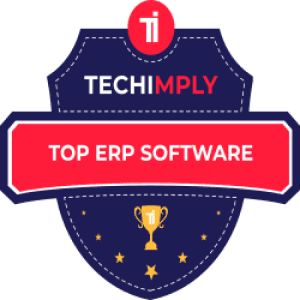

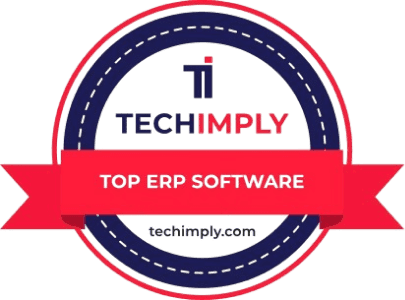



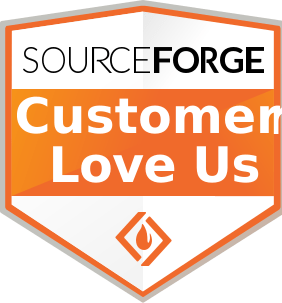
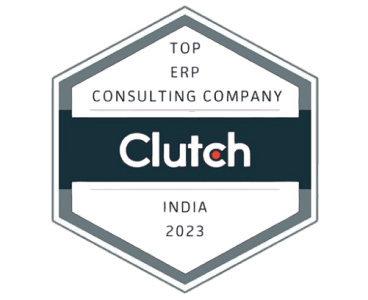

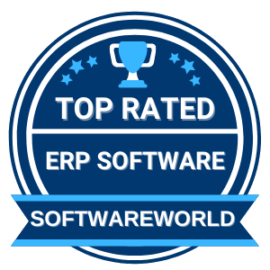
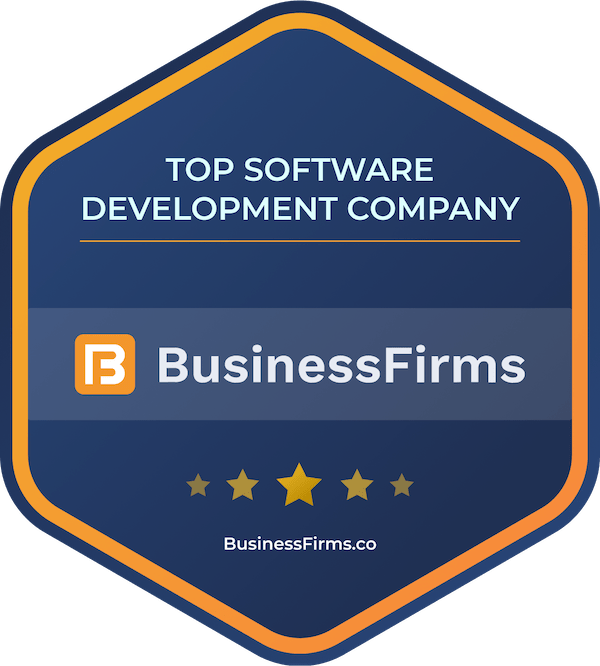
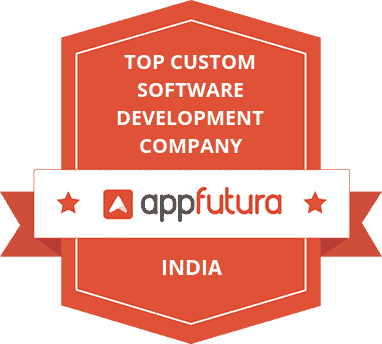

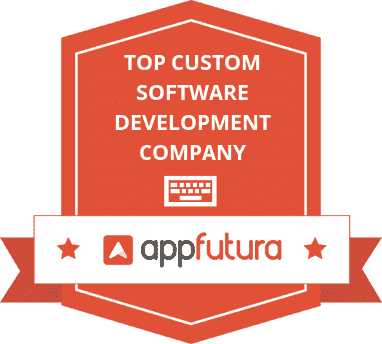

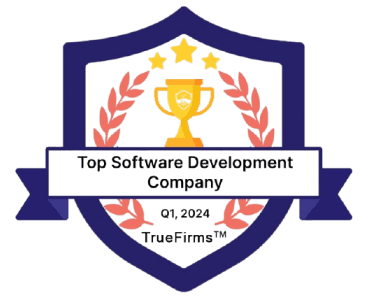

















DISCOVER MATIYAS
OMAN
KUWAIT
CANADA
REPUBLIC OF SINGAPORE
Copyright © 2025 MATIYAS. All rights reserved.


Get an estimation
Matiyas Digital Solutions can help you to transform core business activities digitally and automate your efforts.
By filling in the form, you agree to our Privacy Policy including our cookie use.

